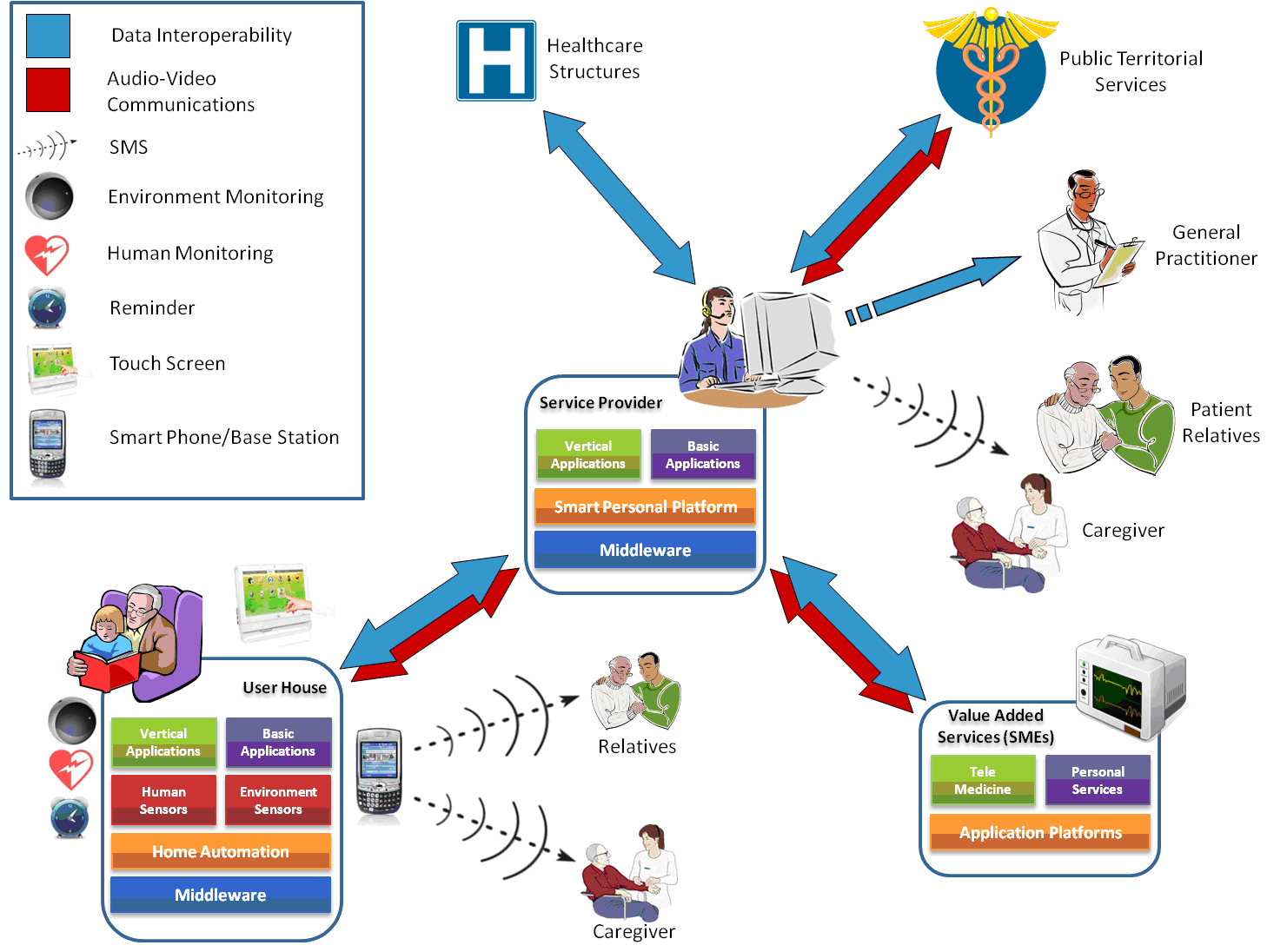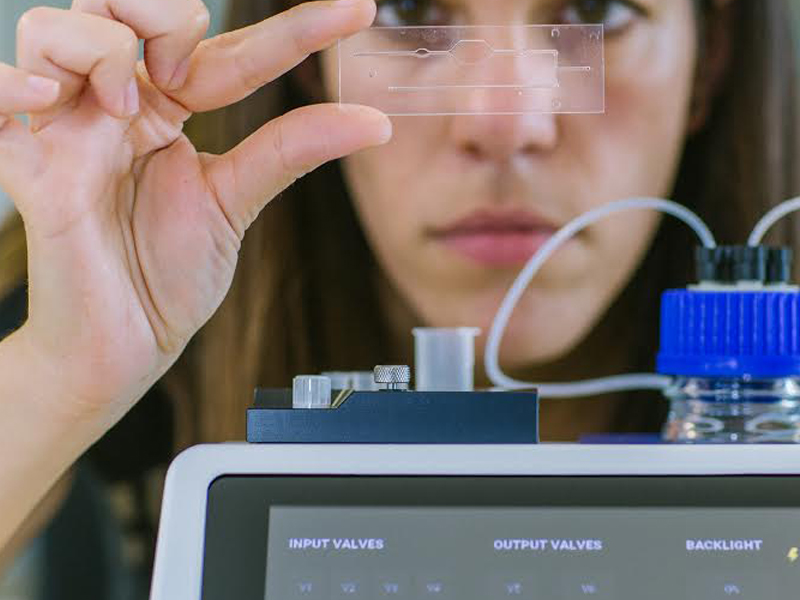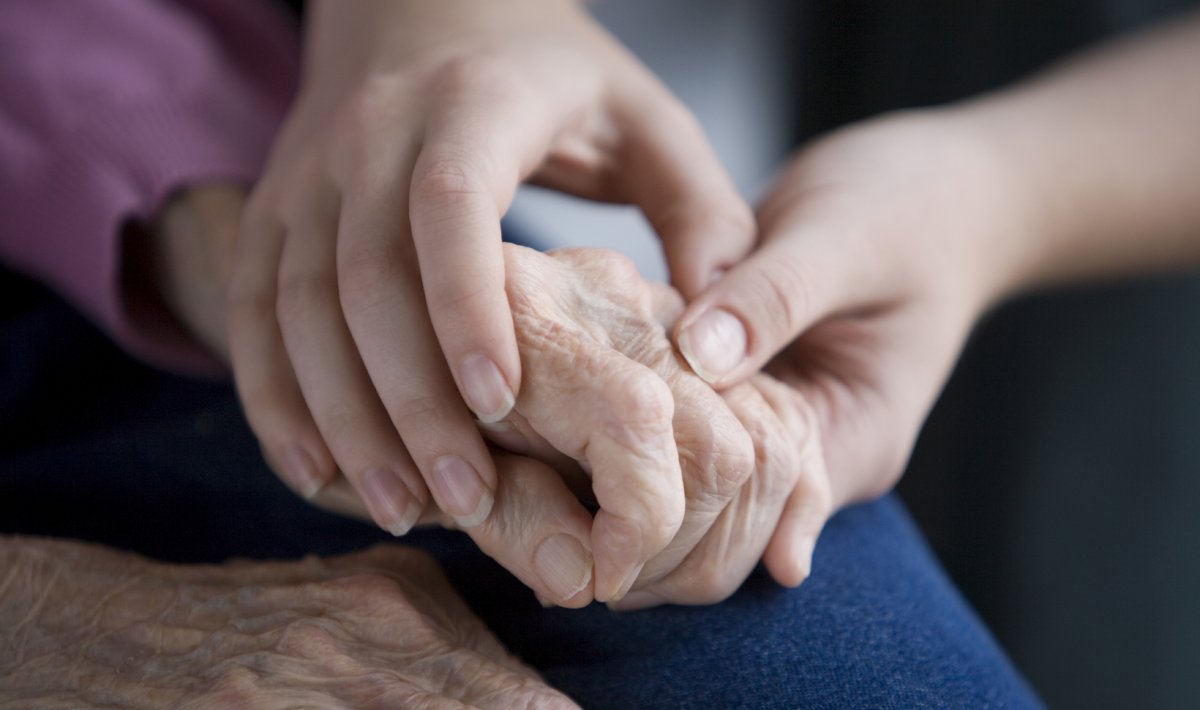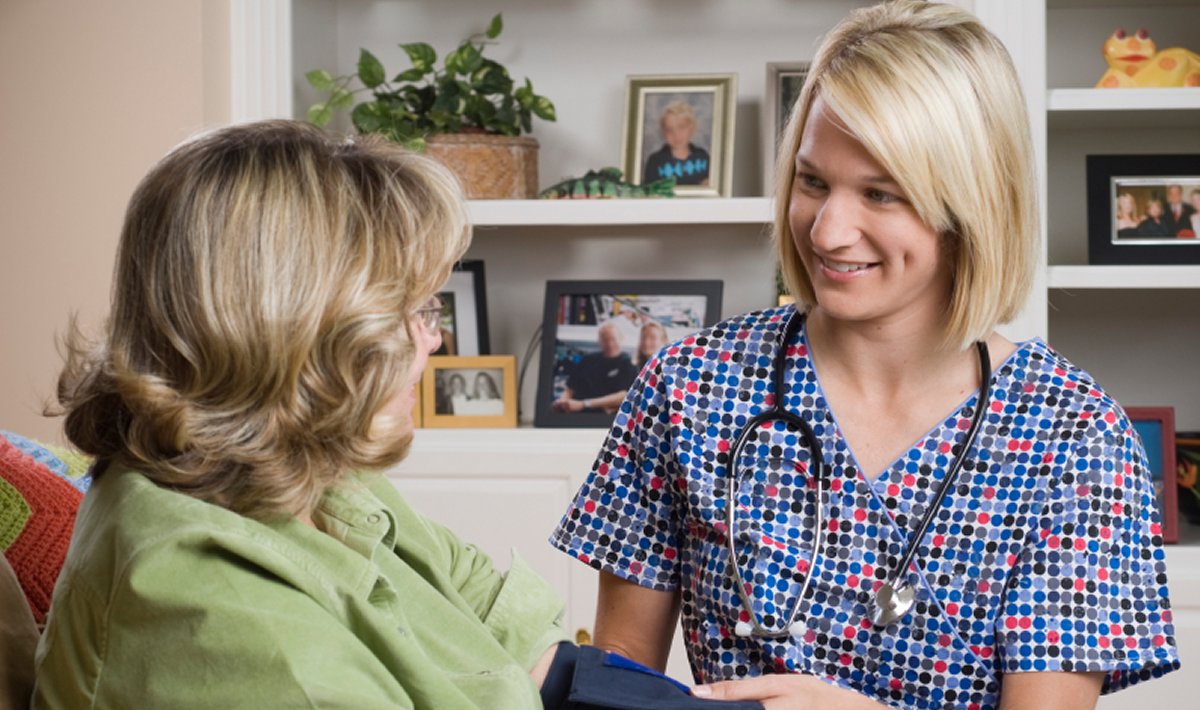
inCASA
Integrated Network for Completely Assisted Senior citizen’s Autonomy
The inCASA project was a 39 month CIP-PSP project co-funded by the European Commission through the CIP-Pilot actions programme (Competiveness and Innovation Framework Programme).
inCASA created citizen-centric technologies and a services network to help and protect frail elderly people, prolonging the time they can live well in their own home. The goal was to be achieved by five different pilots across Europe who integrated solutions and services for health and environment monitoring in order to profile user behaviour. The inCASA pilots ran in France, Greece, Italy, Spain and the UK.
Data was made available to care services through a Smart Personal Platform with an embedded Behaviour Analysis Application which includes: access policies to preserve privacy; planning for day-by-day activities and therapies with multiple alerts; co-ordination of local public Social and Health Care Services; and help to deploy specialist community based services. inCASA further investigates the issues of designing ideal specialist services to support activities that are community based – one type will not fit all. By considering the European and different health sector dimensions, it will identify common service delivery paradigms (business models), but can explore how these are delivered in the scenarios to determine optimum clinical models.
The target users in the inCASA Pilots are frail elderly people over 65 years old, living at home alone and with a sufficient level of autonomy and self-care ability. They may have a need to improve self-confidence and ability to cope with day-to-day life, in order to and increase independence and prolong the time they stay in their own home.
Project data

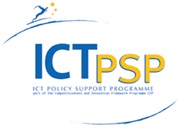
Rationale
The action plan of the CIP-ICT objective “ICT for ageing well/independent living” as well as AAL programme is to enhance the quality of life of older people and strengthen the industrial base in Europe through the use of information and communication technologies (ICT).
The motivation for those new activities is in the demographic change and ageing in Europe, which implies not only challenges but also opportunities for the citizens, the social and healthcare systems as well as industry and the European market. The aim is to:
- extend the time people can live in their preferred environment by increasing their autonomy, self-confidence and mobility,
- support maintaining health and functional capability of senior citizens,
- promote a better and healthier lifestyle for individuals at risk,
- enhance the security, prevent social isolation and support the multifunctional network around the individual,
- support carers, families and care organisations, and
- increase the efficiency and productivity of used resources in the ageing societies.
The idea is realised through innovative products, services and systems for ageing well at home, in the community and at work, thus improving the quality of life, autonomy, participation in social life, skills and employability of senior citizens and people with disabilities, all of which should contribute to a reduction in the costs of health and social care.
The ageing population is one of the most important challenges faced by governments at local, regional, national and European levels. Particularly, the healthcare services and social services are facing a great challenge in providing efficient and high quality services to the increasing number of elderly people, especially those with chronic conditions such as Diabetes, Chronic Heart Failure, Chronic Obstructive Pulmonary Disease or Dementia. The use of information and communication tools may effectively help to meet these challenges.
Most elderly people wish to live in their own home for as long as possible and elderly people who live at home are also known to maintain a better physical and mental condition for longer and have a higher quality of life overall. However, for many elderly people who are frail or chronically ill it is extremely important to feel comfortable and secure at home. The inCASA solution is precisely aimed at providing the necessary and appropriate support to enable frail elderly to live at home, thus improving their quality of life.
Assistive and health care technologies and services, as those offered by inCASA, can be very beneficial to the elderly; monitoring chronic conditions at home thus providing better and more convenient care, providing new and easy ways of being socially connected, or offering remote control of electronic devices in the home.
Architecture
The inCASA core consists of a service delivery system able to comprehensively engage the user by enabling him/her to interface with care-takers, relatives and public entities in order to easily and timely receive the assistance or information needed. The following picture shows the project vision and core concepts.
Among the different stakeholders different actions may take place, in particular:
At the user side:
- Monitoring of user habits to build a personalized profile
- Monitoring of user health conditions
- Home automation support to improve quality of life
- Alerts management
At the service provider side:
- Call Center/Help Desk to manage incoming alerts
- Social and healthcare service provider coordination
- Tele Medicine (diabetes monitoring)
- Personal Services
Technology
inCASA aims at developing a system that will support the aging population and facilitate them to stay well at their own homes, by mean of these specific objective:
- Providing elderly people with means to profile their habits, while they are at home,
- Providing elderly people (and patients with special needs) with means to monitor their health conditions outside traditional healthcare environments,
- Providing doctors and health professionals with more comprehensive monitoring data for understanding remote user’s social/physical conditions and diagnostics.
- Enabling continuity of care through a wider interaction between elderly people and caretakers, especially including not just health specialists but also relatives or people who has close social relations with the user;
- Integrating home automation in a system permitting remote control of electronic devices in the immediate surroundings.
inCASA will reuse pre-existing solutions for human/environment monitoring, integrated in order to collect and analyse data to profile user habits and implement customised intelligent multilevel alerts/communication services. The main technologies of the inCASA solution are:
- Home Sensor Network (HSN) and Domotic Devices : environmental wireless sensors
- Human Monitoring Sensors (HMS): portable/wearable human monitoring devices
- Base Station connected to HSN and HMS to collect and send data
- Smart Personal Platform (SPP): behaviour application to elaborate data coming from HSN and PHS + Social and Health care data repository for data analysis and diffusion to a variety of professional users
- Middleware
Technology Providers
Home Sensors Network, Base Station: Commercial solutions; Human Monitoring Sensors will be coverede by using pre-existing devices (according to pilot decisions). The Middleware will be provided by the Hydra Project, a Smart Personal Platform will be proviced by Santer Reply and the Domotic Devices will be provided by Telefonica TID.
Sustainability
A business model based on a public-private partnership – to adopt an ontological perspective on exploration of innovative service concepts and value creation based on the analysis of economic value creation and exchange of value objects between stakeholders.
The business models will include and measure values created by:
- Primary end-users: improved quality of living and health, mobility, staying longer in the workforce, etc.
- Secondary end-users: improve case management, effectiveness, better resource utilisation, etc.
- Tertiary end-users: cost-benefit, quality of healthcare, interaction of health and social carers
- Business actors: profitability and sustainability of commercial services and supplies
Expected Project Outcomes
The project will demonstrate the effectiveness of the solution adopted in the pilots. It will validate elderly people profiles, showing behaviour and normal range, and correct functionalities in alerts and communication workflows areas. This will significantly help in defining a sustainable approach to European citizen’s profiling that can be improve the quality of Social and Health Care across countries. Integrated monitoring of both the individual and the home environment will reduce voluntary hospitalization, because elderly people living home alone will have increased self- confidence and trust the deployed services. Specific Questionnaires and health and social care indicators will be used to assess the outcome. The data will be shared (anonymously) across EU, to improve activities of epidemiologists and to improve research studies.
In-JeT’s role in the project
In-JeT’s role in the inCASA project was to contribute to the ethical and socio-economic analysis and validation work and ensure that the technical implementation align with the users’ needs at all times. Further, it was In-JeT’s role to define the regulatory and policy framework and develop sustainable ecosystems in healthcare. FInally, In-JeT carried out a transferability trial of the inCASA platform in Skive Municipality in Denmark
Partners
- Santer Reply Spa, Italy (Coordinator)

- Chorleywood Health Centre, United Kingdom (Pilot)

- CNet Svenska AB, Sweden

- In-JeT ApS, Denmark
- Institut National de la Sante et de la Recherche Medicale, France (Pilot)

- Invent SAS, France

- National Technical University of Athens, Greece
- Konstantopouleio General Hospital of Nea Ionia Agia Olga, Greece (Pilot)

- Steinbeis Innovation gGmbH, Germany

- Telefonica Investigacion y Desarrollo SA, Spain

- Brunel University, United Kingdom

- Fundacion Hospital Calahorra, Spain (Pilot)

- Agenzia Territoriale per la Casa della Provincia di Torino, Italy (Pilot)

Funding
Co-funded by the European Commission CIP-PSP Competitiveness and Innovation Framework Programme 2007-2013.


